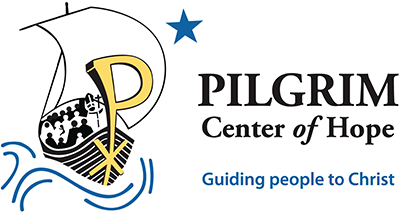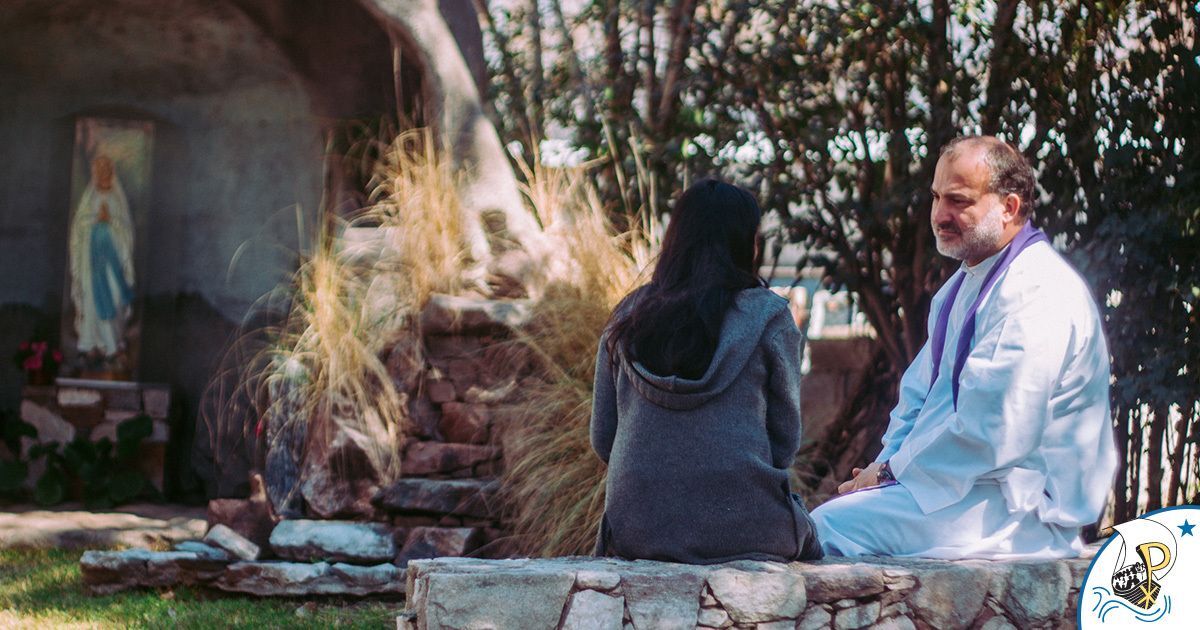How often do you receive the Sacrament of Reconciliation?
The Catechism of the Catholic Church states,
“According to the Church’s command, ‘after having attained the age of discretion, each of the faithful is bound by an obligation faithfully to confess serious sins at least once a year, (CCC, no. 1457).’”
The Benefits of Monthly Reconciliation for Growing in Sanctity
Once a year is certainly do-able, but do we keep an accurate list of every sin to ensure all are confessed so we can receive absolution? Do we know what constitutes serious sin? Do we know if a sin is venial (harms but does not break our relationship with God) or mortal (breaks our relationship with God and removes us from a state of grace)? Because the answer is mostly likely “no” for the average person, I have heard that receiving the Sacrament of Reconciliation monthly is more efficacious for our growing in sanctity and remaining in a state of grace.
If receiving the Sacrament of Reconciliation monthly makes you tremble in fear thinking every 30 days you will have to force yourself down the long walk of shame in dread of confronting the priest, you are looking at this Sacrament all wrong. You are focusing too much on you as a sinner instead of recognizing Jesus, the Divine Physician, who is waiting for you to come to him (in the priest) so he can heal you.
How Sin Offends God and Hurts Ourselves and Others
We also need to look at how sin offends God. Sin is not a long list of don’ts. Sin is an offense against God because it is a free will choice for our bad when God wills our good. Sin is choosing less when God wills us more. It is a choice that leads to a slow spiritual death when God wills our abundant life here and now and for all Eternity. Sin in choosing to be stuck in the muck when our Lord Jesus wants to lift us to the heart of God our Father. Sin dulls and blinds a soul so the more we sin the less we notice the mortal wounds growing and festering in us and the hurt we are inflicting on others.
A Medicine for Our Souls
When we go to be healed in the Sacrament of Reconciliation, confessing our bad choices (sin) to the best of our knowledge with the commitment to not repeat them, Jesus, through the absolution prayers of the priest, heals the wounds our sins have caused. Additionally, he prescribes the medicine of grace so we are able to make good on our commitment to not sin again. Regular, preferably monthly, visits to Jesus, our Divine Physician, in the Sacrament of Reconciliation heals, restores, and renews us. We become sensitive to the hurt our sinful choices cause, have clarity to see the damage our bad choices make, and possess the necessary grace to quickly repent of sin and make amends to those we have wounded.
An Invitation to Receive God’s Mercy and Love
When we fail in our commitment to not sin as we did before, we should return to the Sacrament of Reconciliation without fear and confess this same sin no matter the number of times. Just as with a physical illness, it may take several visits to the (divine) doctor before a full healing is achieved.
If it has been many weeks, months or years since you received the Sacrament of Reconciliation, allow our Lord’s words to invite you to not delay your healing any longer,
Those who are well do not need a physician, but the sick do. Go and learn the meaning of the words, ‘I desire mercy, not sacrifice.’ I did not come to call the righteous but sinners, (Mt 9:12-13).
Jesus, the Divine Physician, calls you. Go to him and be healed!

Nan Balfour is a grateful Catholic whose greatest desire is to make our Lord Jesus more loved. She seeks to accomplish this through her vocation to womanhood, marriage, and motherhood, as a writer, Missionary of Hope, Prayer Intercessor, Speaker Team member, and Volunteer for Pilgrim Center of Hope.
Answering Christ’s call, Pilgrim Center of Hope guides people to encounter Him so as to live in hope, as pilgrims in daily life. See what’s happening & let us journey with you! Visit PilgrimCenterOfHope.org.

